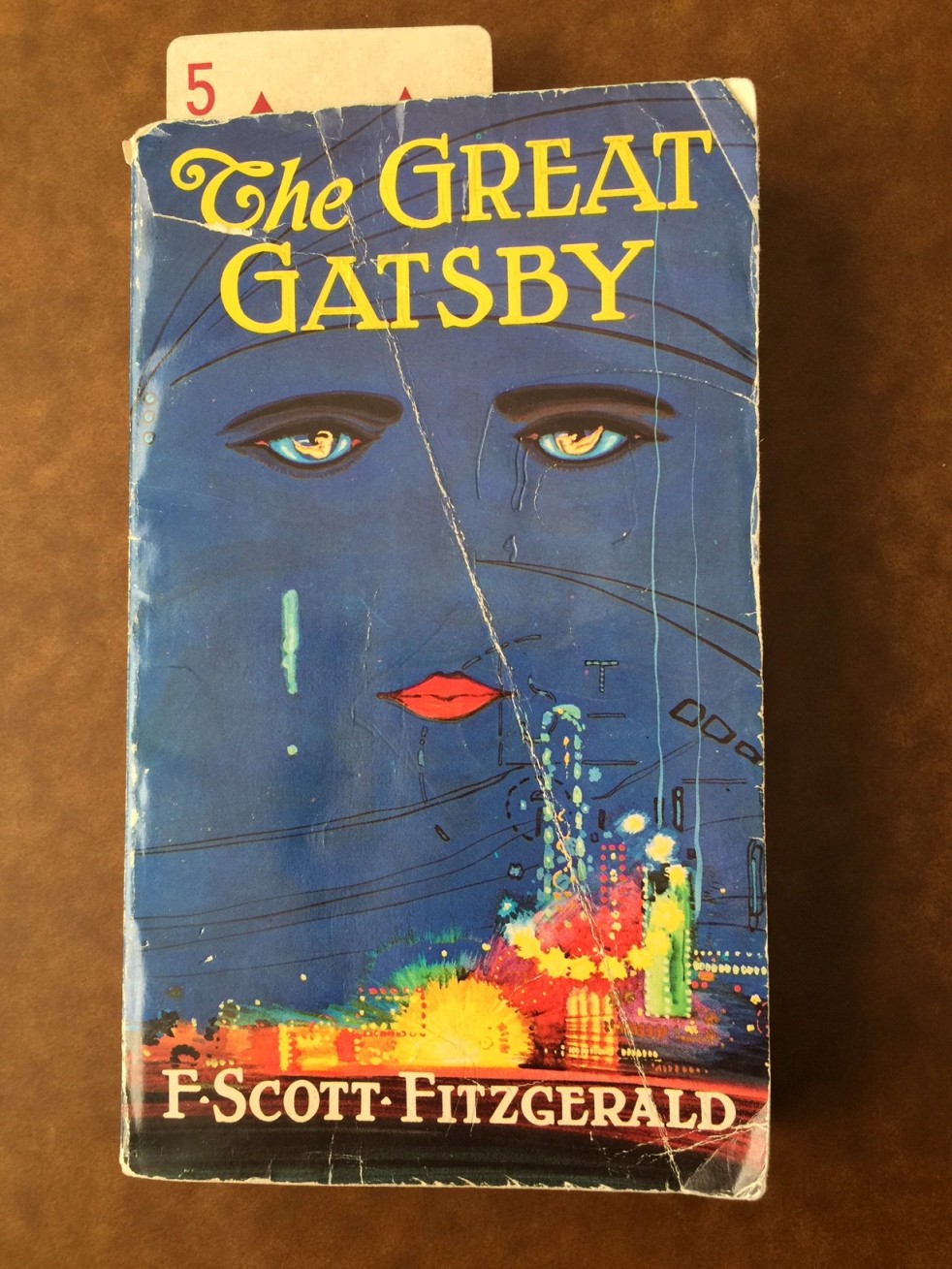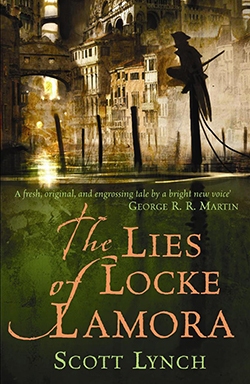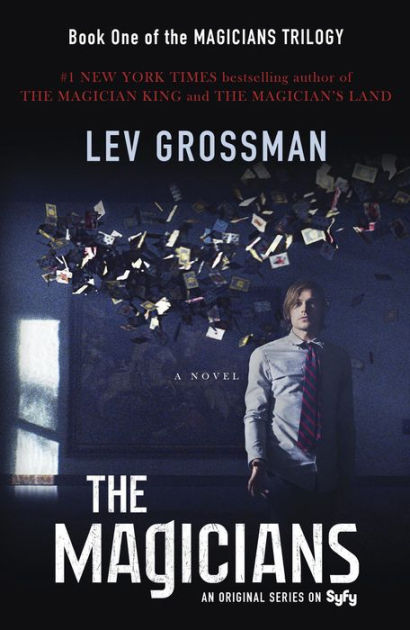Image courtesy of: https://www.deviantart.com/art/Slytherin-660086425
I know it’s been about a year since the previous installment of this series, but I’ve restarted the blog, and plan on posting at least once a week from now on.
This week’s post focuses on perhaps the most misunderstood house at Hogwarts: Slytherin. Slytherin has for its sigil a silver snake on a green field, and attracts students who are ambitious, cunning, have a strong sense of fraternity, and who value strong leadership. Slytherins have a reputation for being prejudice against wizards who are of mixed magical and non-magical heritage, a trait which dates back to their founder, Salazar Slytherin, who left Hogwarts after disagreeing with the other three founders about allowing non-pure-blooded students to study at the school. The prejudice is completely irrational, not only because most wizarding families have at least some muggles in them, but because purity is in no way an accurate indication of a wizard’s talent or abilities. Hagrid remarks in “The Chamber of Secrets”: “Neville Longbottom’s pureblood, and he can barely remember which end of the cauldron goes right side up.” Slytherin is also known for producing more dark wizards than any of the other houses, one of which was Lord Voldemort himself. This doesn’t mean Slytherins are all evil, many have gone on to become great witches and wizards, like Horace Slughorn, the greatest potions master in Hogwarts’ history, mentor to Harry Potter’s mother Lily, and the only serpent to fight against the Dark Lord in the Battle of Hogwarts. Severus Snape, Slughorn’s successor as potion’s master, became hated by many after killing Albus Dumbledore at the end of “The Half Blood Prince,” but was later revealed to be a hero, secretly protecting Harry until the time came that Voldemort was able to be defeated. And then there’s Merlin. That’s right, Merlin, the most famous wizard of all time was not only a Slytherin, but was the prodigy of Salazar Slytherin himself.
“The Great Gatsby,” by F. Scott Fitzgerald

image courtesy of: http://www.scribnermagazine.com/2015/04/in-my-younger-and-more-vulnerable-years-on-first-reading-the-great-gatsby/
The quintessential novel about the American dream, “The Great Gatsby” is told from the point of view of Nick Carraway, who moves next door to the eccentric Jay Gatsby, whose lavish parties are the stuff of legend in the West Egg area of Long Island. The book’s themes of greed, ambition, and reinvention, fit hand-in-hand with Slytherin sensibilities, and Jay Gatsby practically bleeds silver and green. One aspect of this novel that should have particular resonance with Slytherin fans, is its commentary about the relationship between old and new money. Jay, who desperately seeks the lovely Daisy Buchanan, has spent a lifetime trying to achieve the wealth and status that will make him worthy of her. While the money he earns affords him many decadent luxuries, the one thing he will never be able to buy is the prestige and respect that only those born into high society enjoy. We find an interesting parallel in the prejudice shown to Jay by his blue blooded neighbors, and superior attitude pure blooded Slytherins have over their classmates of mixed heritage.
“The Picture of Dorian Grey,” by Oscar Wilde

image courtesy of: https://www.waterstones.com/book/the-picture-of-dorian-gray/oscar-wilde/9781435129757
Another short work, Wilde’s classic is both a terrifying gothic tale and a celebration of the decadence movement which dominated British high society in the late nineteenth century. This novel’s characters rebel against the romantic and natural, fixating themselves with the superficial, those aspects of life which arouse the senses, but don’t quite satisfy. The plot concerns Dorian Grey, a young man blessed with exceptional beauty, who sells his soul so as to remain young forever. I’ve chosen this novel because Slytherins, like Dorian and his friends, take great care to maintain their personal image, and are highly concerned with their social standing. Ravenclaws may enjoy the wit Wilde infuses into this work, but the insightful anecdotes about marriage, class, and art will have an undeniable appeal to Serpents.
“The Lies of Locke Lamora,” by Scott Lynch

image courtesy of: http://camorr.wikia.com/wiki/The_Lies_of_Locke_Lamora
The first installment in Scott Lynch’s masterpiece fantasy series is too intricately constructed to sum up in a paragraph, but I’ll do my best. The story is set in Camorr, a fantastical version of Renaissance Venice, where corruption is law, and thieves hold the true power; a place where only those with the longest knives and the sharpest wits can survive and thrive – basically, it’s a city run by Slytherins, for Slytherins. Our “heroes” are the Gentleman Bastards, a gang of elite thieves who have amassed a fortune conning Camorr’s well-to-do out of their riches. The novel’s structure is positively brilliant, intercutting scenes of the Bastards planning their most ambitious heist yet, with transformative events in their lives, as-well-as several compelling episodes in Camorr’s history. While the fiendish intricacies of the Bastard’s plots will garner the applause of any self-respecting serpent, it’s the fierce sense of brotherhood shared by Locke and his friends that will make this a compelling read.
“The Magicians,” by Lev Grossman

image courtesy of: https://www.barnesandnoble.com/w/magicians-lev-grossman/1100309808
I don’t like putting two fantasy novels in the same entry, but this is just such a perfect fit for the house of the cunning and ambitious. Part parody, part adventure, part exploration of the existential crises of heroism, this first installment in a trilogy centers around Brakebills, secret university in upstate New York, where those of the highest intellectual caliber are taught the secrets of magic – not the soft and cuddly magic of your childhood adventure stories, but real magic, the kind of stuff that would make Voldemort shit his robes. Over five psychologically trying years, we see Quentin Coldwater and his emotionally disaffected classmates repeatedly try to out do each other, as they learn increasingly powerful and complex forms of magic, for no apparent reason other than to know they are better than everyone else in their class, taking breaks only to engage wanton Hedonism. Basically, it’s like if Hogwarts were a university, and all the students were hard-drinking sex-crazed Slytherins.
